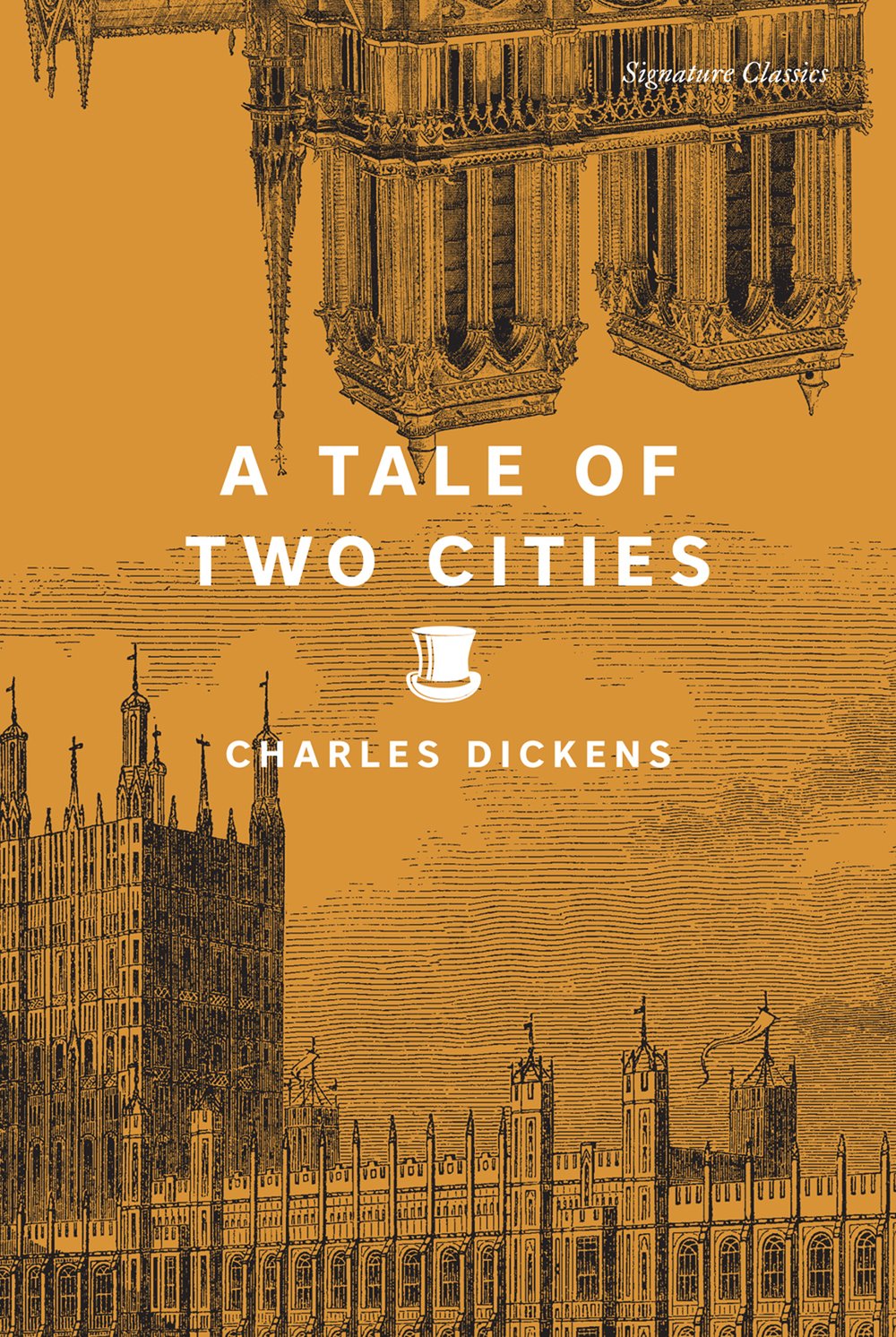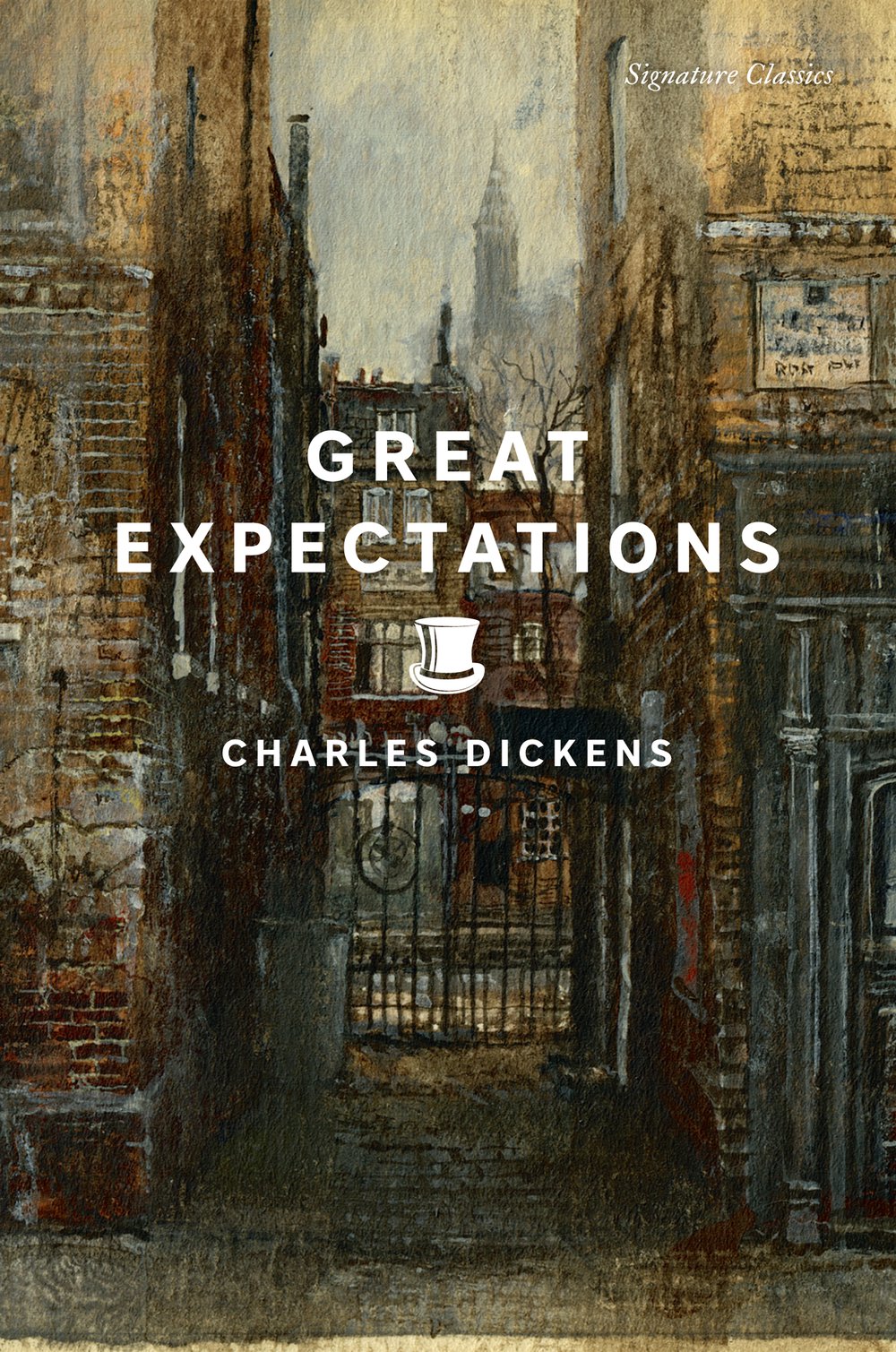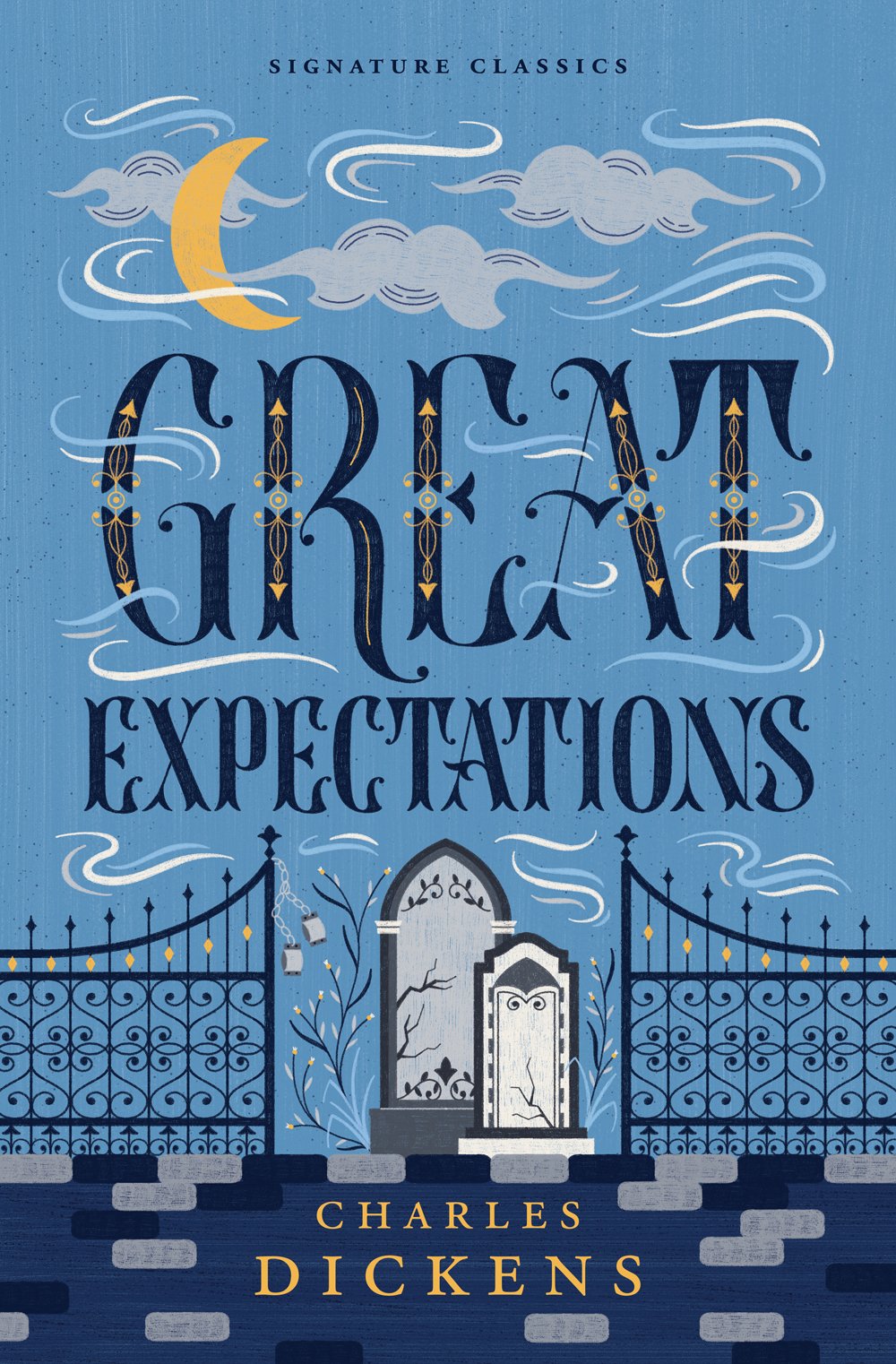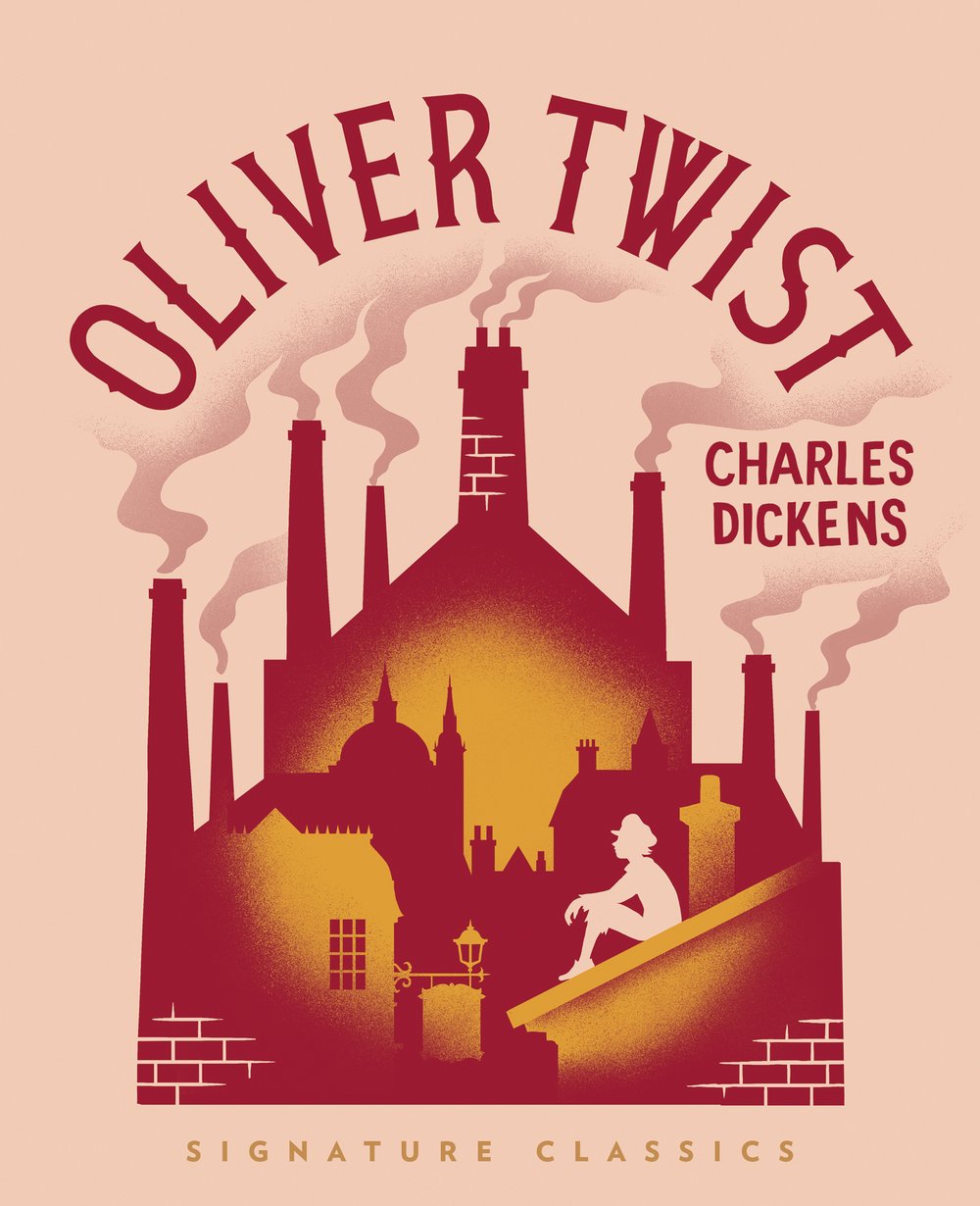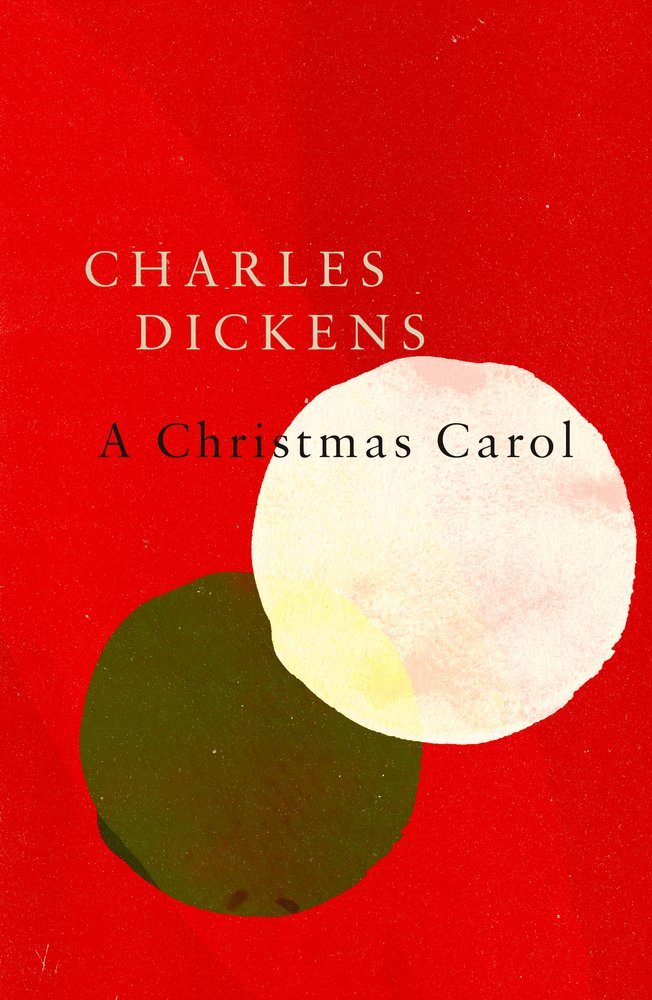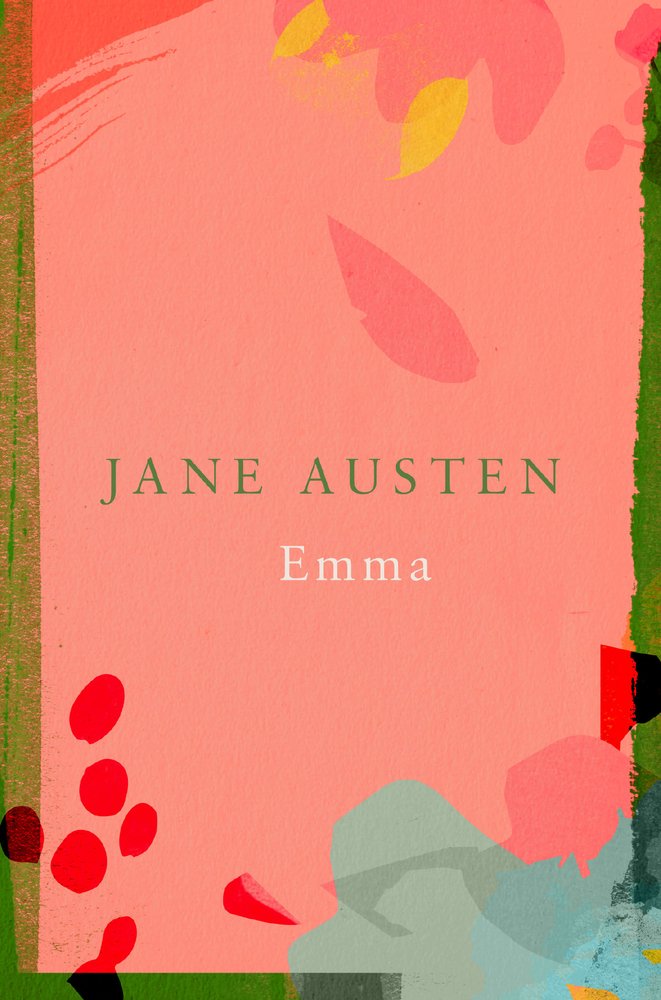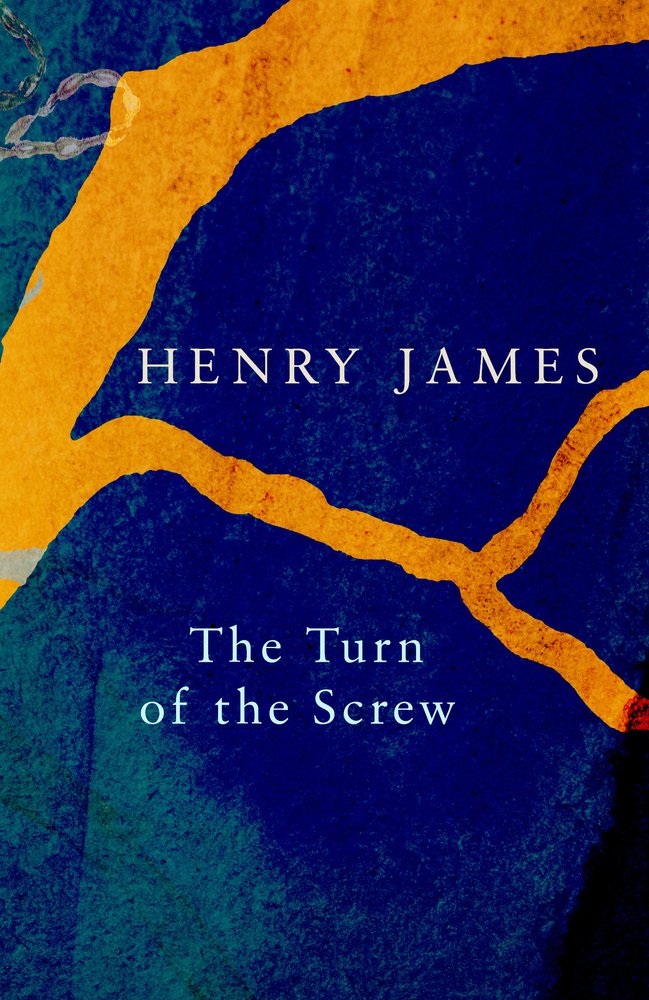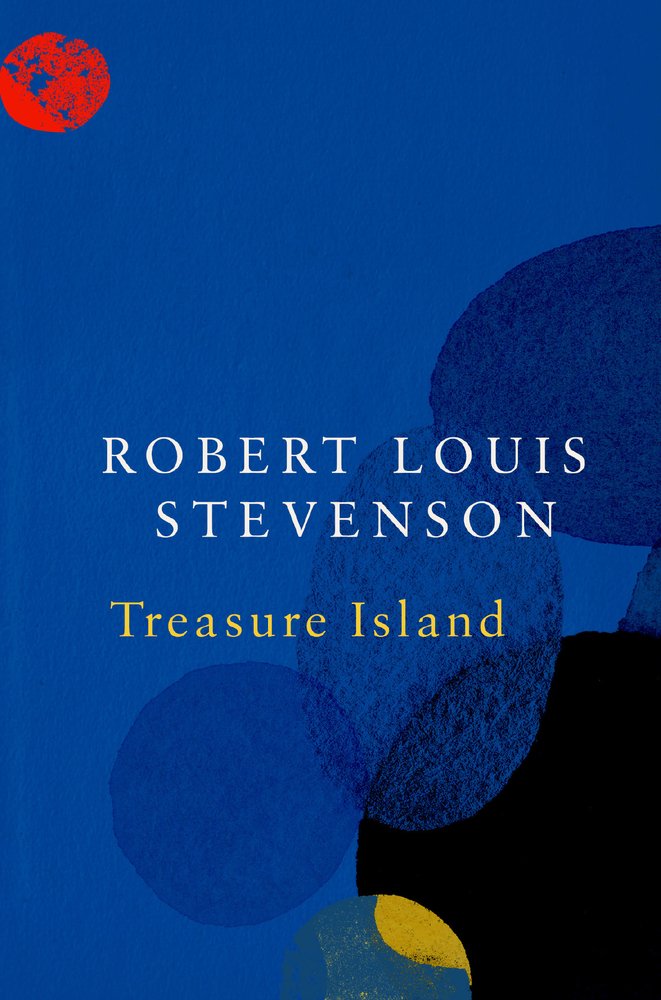Hard Times
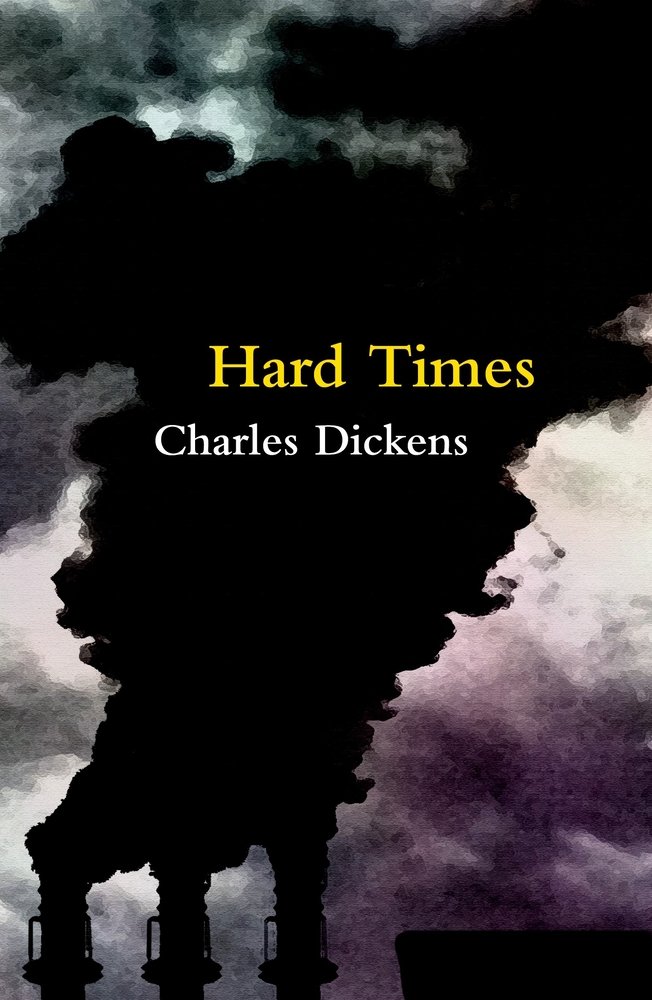
“It is said that every life has its roses and thorns; there seemed, however, to have been a misadventure or mistake in Stephen’s case, whereby somebody else had become possessed of his roses, and he had become possessed of somebody else’s thorns in addition to his own.”
Published originally in weekly installments, Hard Times is focusing on Mr Gradgrind’s flawed model of upbringing and its lifelong impact on the wellbeing and destinies of his children. The novel, in fact, follows two opposing ways an individual can be formed. On the one hand, there is Tom and Louisa whose numerous misfortunes are predetermined by their father’s insistence on knowing bare facts without reaching for the substance. They are ill-equipped for the real world and, as a result, Louisa suffers emotionally having had a marriage of convenience, while Tom intentionally devises to incriminate another for his own misdeed. On the other hand, there is Mr Gradgrind’s student Sissy, whose guardian he becomes upon her father’s disappearance. Despite Mr Grandgrind’s scorn, she approaches things with a genuine sensibility that helps her to lead a happier and more fulfilled life. The readers are prompted to ponder throughout the novel whether Mr Gradgrind will eventually acknowledge his failure as a parent.
Hard Times is an unusually short novel for Dickens and the only one not to feature London scenes. Instead, it is set in the North and beside addressing the issues of education, it also exposes the harsh daily living conditions of regular working-class people and the negative side of industrialisation. The author captures the zeitgeist of a new era where the old and new ways have to coexist and where many are continuously being left behind either by being deprived financially or spiritually. While maxims and cold facts are effective for scientific progress and the operations of complex machinery, they are not a prerequisite for human happiness. The volume’s solid subject matter is intertwined with the gripping elements of suspense that will undoubtedly appeal to a diverse audience.
The Legend Classics series:
Around the World in Eighty Days
The Adventures of Huckleberry Finn
The Importance of Being Earnest
Alice's Adventures in Wonderland
The Metamorphosis
The Railway Children
The Hound of the Baskervilles
Frankenstein
Wuthering Heights
Three Men in a Boat
The Time Machine
Little Women
Anne of Green Gables
The Jungle Book
The Yellow Wallpaper and Other Stories
Dracula
A Study in Scarlet
Leaves of Grass
The Secret Garden
The War of the Worlds
A Christmas Carol
Strange Case of Dr Jekyll and Mr Hyde
Heart of Darkness
The Scarlet Letter
This Side of Paradise
Oliver Twist
The Picture of Dorian Gray
Treasure Island
The Turn of the Screw
The Adventures of Tom Sawyer
Emma
The Trial
A Selection of Short Stories by Edgar Allan Poe
Grimm Fairy Tales
The Awakening
Mrs Dalloway
Gulliver’s Travels
The Castle of Otranto
Silas Marner
Hard Times

Charles Dickens (1812-70) was a writer, journalist and publisher, probably the most famous British literary name after Shakespeare. His childhood hardship, after his father's imprisonment, put him to work at an early age. The theme of poverty and struggle has become a leitmotif of his whole body of work. He began writing under the pseudonym of Boz and had one of his most acclaimed novels Oliver Twist published while still in his twenties. His most famous character is, arguably, Ebenezer Scrooge from an allegorical tale A Christmas Carol – the story that defines Christmas traditions for most of the English-speaking world. Alongside writing, Dickens was also a publisher and editor whose journals Household Words (1850–1859) and All the Year Round published a number of major names of Victorian literature such as Wilkie Collins, Anthony Trollope, Elizabeth Gaskell and others. The author's fame gave rise to the term Dickensian that suggests things reminiscent of poverty and features satirical portrayals like Scrooge’s stinginess.


